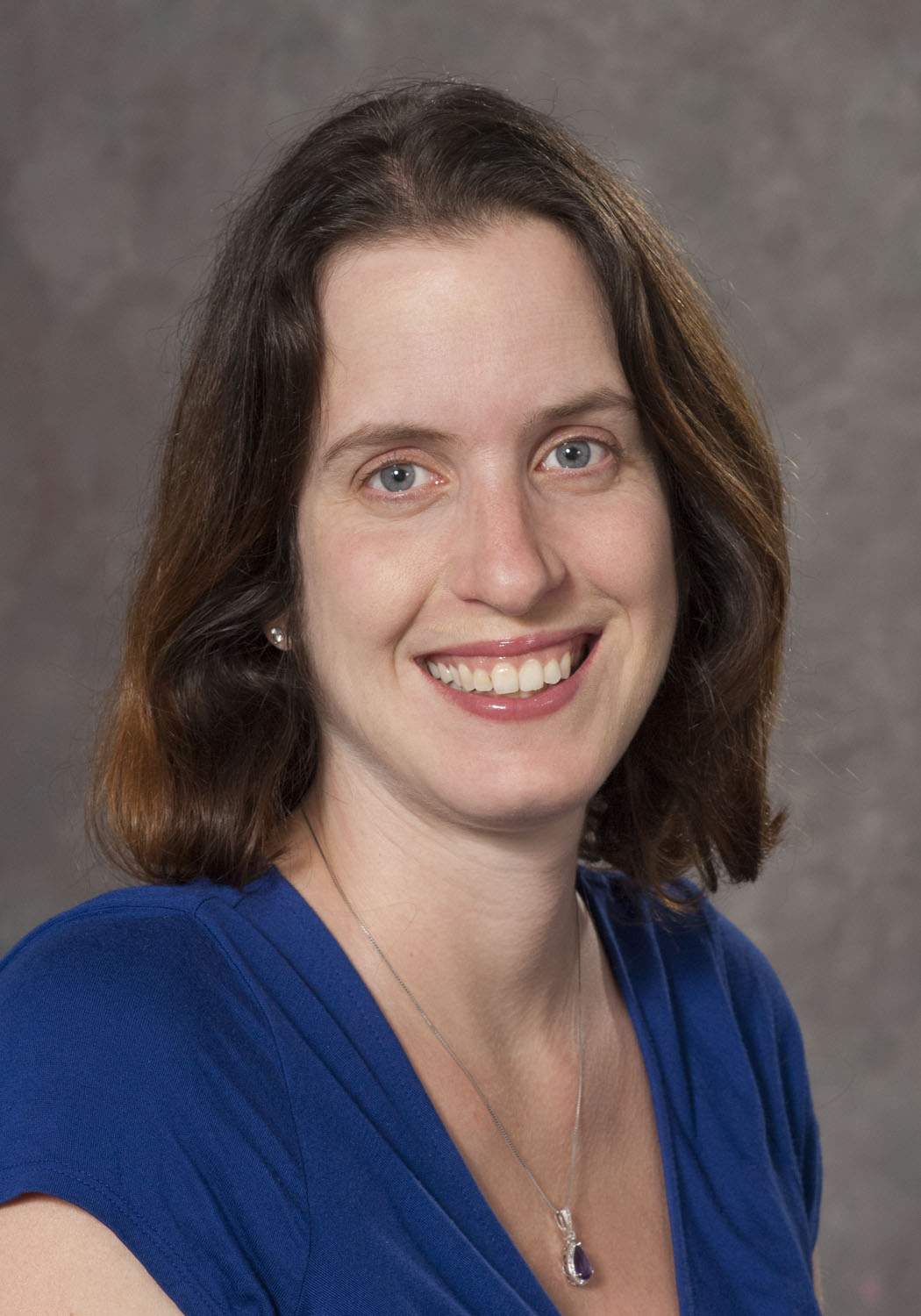Antibiotic Stewardship: A New Frontier for Emergency Department Quality Improvement
Authors
-
Michael Pulia, MD, MS
-

Larissa May, MD, MSPH, MSHS
Professor of Emergency Medicine; Director of ED and Outpatient Antibiotic Stewardship; Medical Director, Learning Health System Hub; Chair, Infection Prevention Committee
UC Davis Health
Larissa May, MD, MSPH, MSHS - Dr. Larissa May is Professor of Emergency Medicine and Director of Emergency Department and Outpatient Antibiotic Stewardship at the University of California-Davis and the medical director of the UC Davis Health Learning Health System Hub. She is a national expert in antibiotic stewardship in the emergency department (ED). Dr. May received her M.D. (2002), her MSPH in Public Health Microbiology and Emerging Infectious Diseases (2008), and her MSHS in Clinical and Translational Research (2013) from The George Washington University. She completed her residency training at the George Washington University in 2006. Dr. May’s research interests center on the clinical management of infectious diseases, including the application of rapid molecular diagnostic assays, behavioral economics and clinical guidelines to improve antibiotic stewardship and other quality improvement efforts. During fall 2020 she served as Yolo County's Interim Health Officer, leading the COVID-19 response. She has served on numerous committees and task forces focused on antibiotic stewardship, emergency preparedness, and infectious diseases surveillance for the CDC, NIH, and professional organizations -
Rakesh Mistry, MD
-

Kabir Yadav, MDCM, MS, MSHS
Harbor-UCLA Medical Center
I am the vice chair for academic affairs and an associate professor of emergency medicine at Harbor-UCLA Medical Center. I completed emergency medicine residency at Kings County Hospital Center/SUNY Downstate Medical Center, followed by a clinical research fellowship at Jacobi Medical Center, with a Masters in Clinical Research Methods. After completing a NIH KL2 Career Development Award and a Masters in Translational Science at George Washington University, I became one of the first board-certified clinical informaticists in the country. I've served on multiple committees for SAEM continuously since 2010, and am on the editorial board for Academic Emergency Medicine journal since 2015. Until I became a vice chair in my department, my academic focus had been on health services research, pursuing funded projects collaboratively with the community to address the most current and challenging concerns of the underserved. I am running for a position on the ADIEM Executive Committee because it is not enough to advocate for students, residents, fellows, and junior faculty as vice chair in my own department. Emergency medicine departments around the country have common challenges when it comes to equity, diversity and inclusion, and I want to help identify and disseminate collaborative solutions to improve opportunities everywhere, from pipeline to recruitment and retention to promotion and leadership.
